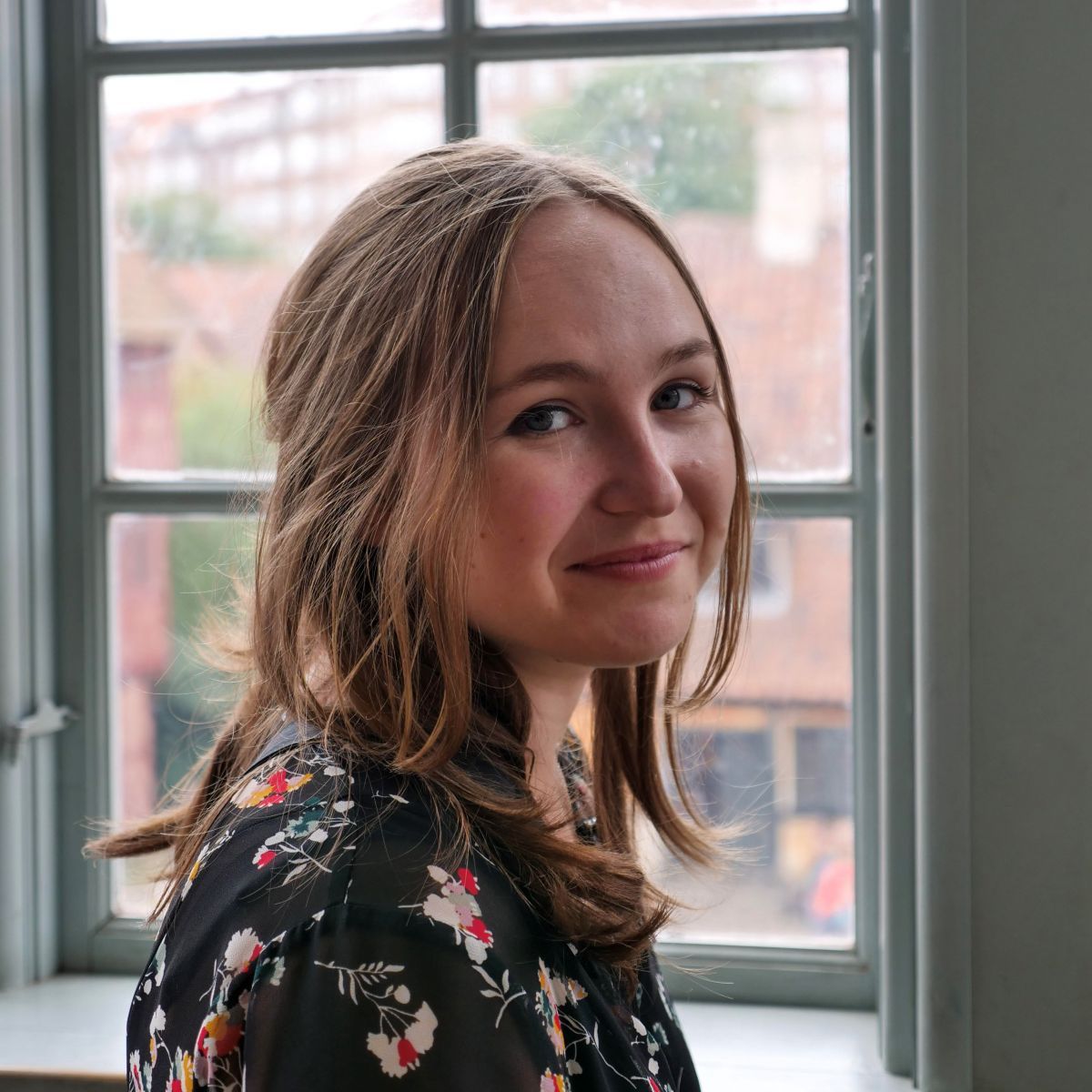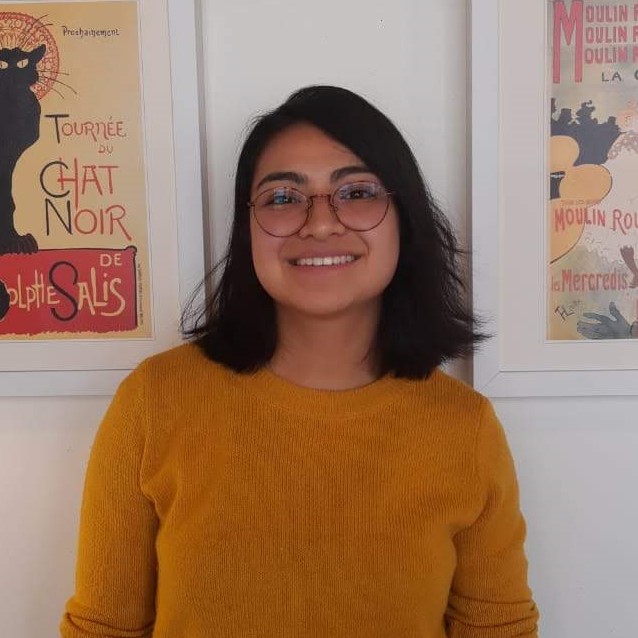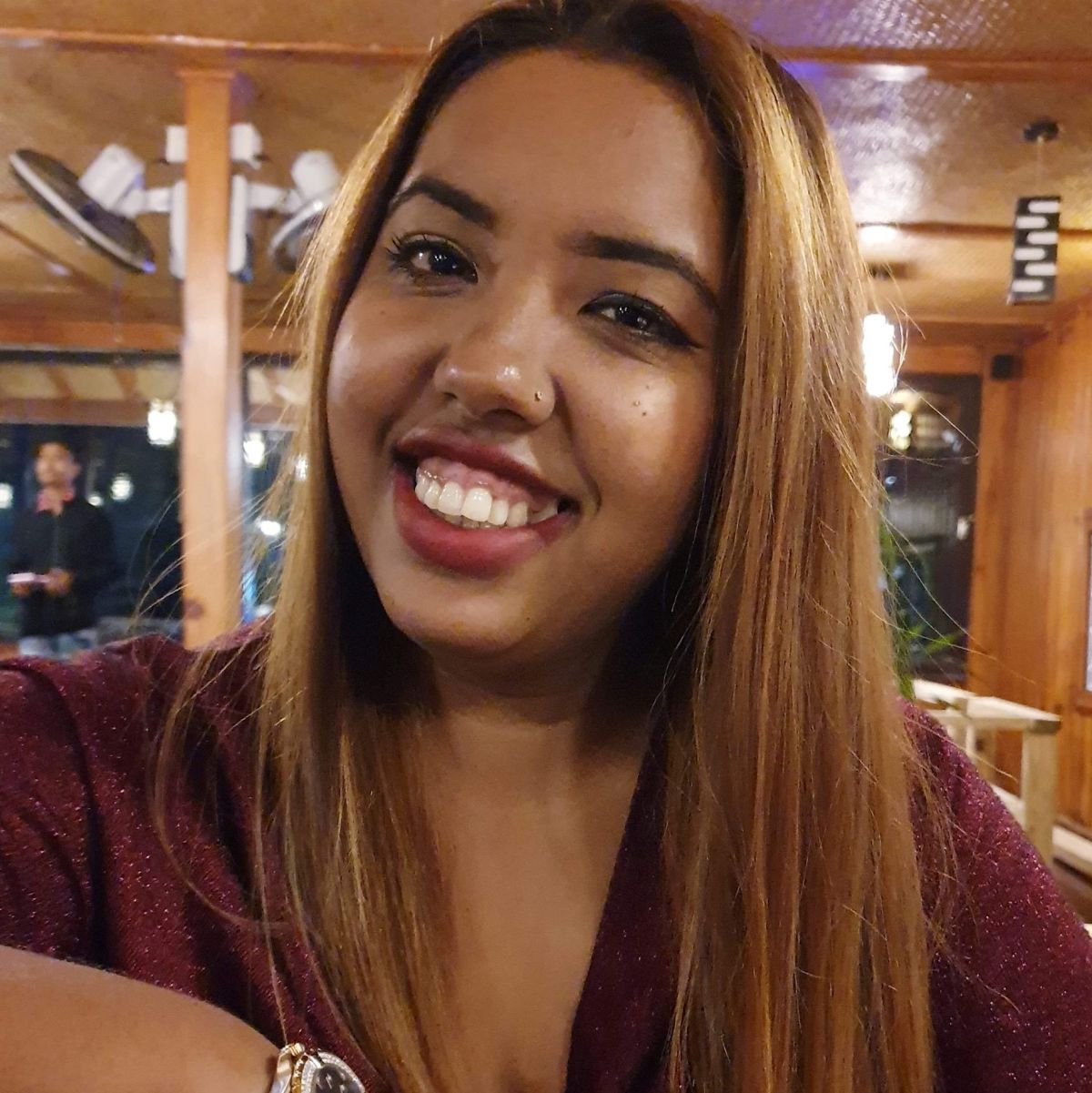The Girl in the Skirt
You may wonder what is it like to be a woman who lives in a country that lacks security?
Morocco, Northern Africa
Story by Hajar Lassiliya
Published on April 18, 2020.
Reading time: 4 minutes
This story is also available in 






Content Warning: This story contains mentions of sexual violence and sexual assault that can be upsetting for some readers.
According to the “woman stats project,” Morocco scored the lowest scale in 2019, you may wonder what is it like to be a woman who lives in a country that lacks security?
My name is Hajar I’m a 25 years-old female and I live in Agadir, Morocco. This society is a collective one, where old patriarchic traditions and Islamic beliefs prevail. Women are ranked in a lower position than men. We have very limited freedom; going out, experiencing life, and determining the future of own lives depends mostly on men, especially in rural areas. It’s up to the father, brother and sometimes even relatives to determine what a woman should or should not do and how we must live our lives. It’s only during a recent couple of decades that seeing women sitting alongside men in cafés in big cities of Morocco became socially acceptable.
In 2015, two young girls wearing skirts were attacked by a raging crowd in Inezgane, a conservative city adjacent to my city Agadir, because it is considered inappropriate to wear skirts. However, in the city center, a girl wearing a short dress is acceptable. Sometimes wearing something like skirts can put your life in danger, to be safe women tend to cover their bodies where they are in such areas.
You will probably ask me to be the change that I want to see in my society. But I’m too afraid to do so; if I hear names, I lower my head and I walk away, if I want to wear a skirt, I make sure to go to a touristic place and to go by car. I’m afraid to walk alone in the street. I’m used to being called names in the street. As long as they don’t come near me, I’m good. Moroccan women are used to enduring daily harassment whenever they go out in public, we grow up hearing catcalling and we think it’s normal even if it’s not.
There is a story that I can’t take out of my head. It is a story of a girl who was raped on the beach of Rabat, the capital of Morocco by two men. Things like that are usually hidden to not bring shame to the family, but she was brave enough to speak up. But you know what most people ask her: it is what were you wearing? Like it was her fault, like that could justify their act of raping her. It’s never a man’s fault, it’s always women’s fault, no matter what.
In most cases women who are raped are kicked out of the house because they bring shame to the family (abortion is illegal in Morocco) if not she will run away by her free will, she will find herself alone with a baby, prostitution may be the only open door that she will find. A whole life that is destroyed because of someone else’s fault.
I think that looking to be equal with men is too ambitious, I’m looking only to be respected.
How does this story make you feel?
Follow-up
Do you have any questions after reading this story? Do you want to follow-up on what you've just read? Get in touch with our team to learn more! Send an email to [email protected].
Talk about this Story
Please enable cookies to view the comments powered by Disqus.
Subscribe to our Monthly Newsletter
Stay up to date with new stories on Correspondents of the World by subscribing to our monthly newsletter:
Tags
Topic: Gender
> United States
Gender-based Hiring in Engineering: Insulting Today, Inspiring Tomorrow
A story by Izzy Bauman
5 min English Audio available
I have been fortunate to be shaped by incredible women in my field, and it is my conviction that with time, my experience will be less of an anomaly. Read more...
> Netherlands
Does Dutch Tolerance Form a Barrier to the True Acceptance of Minorities?
A story by Hugo Oms
4 min
Gay men almost enjoy the same legal rights as heterosexuals and therefore are formally accepted. However, my personal experience has taught me that social acceptance of homosexuality is often dependent on numerous conditions. Read more...
> Mexico
Being a Woman in South Korea and Mexico
A story by Olga Mata
4 min
I was shocked as I realized that authorities in Mexico would have never worried about my friends the way the Korean government now did. Read more...
Explore other Topics
Get involved
At Correspondents of the World, we want to contribute to a better understanding of one another in a world that seems to get smaller by the day - but somehow neglects to bring people closer together as well. We think that one of the most frequent reasons for misunderstanding and unnecessarily heated debates is that we don't really understand how each of us is affected differently by global issues.
Our aim is to change that with every personal story we share.
Community Worldwide
Correspondents of the World is not just this website, but also a great community of people from all over the world. While face-to-face meetings are difficult at the moment, our Facebook Community Group is THE place to be to meet other people invested in Correspondents of the World. We are currently running a series of online-tea talks to get to know each other better.
























